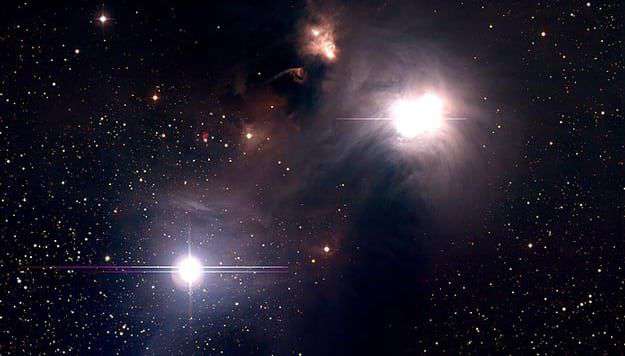Astronomers have discovered a special kind of neutron star that has both a low magnetic field and no stellar companion.
The neutron star is located within the remains of a supernova – known as 1E 0102.2-7219 (E0102 for short) – in the Small Magellanic Cloud, located 200,000 light years from Earth, according to a study published in the journal Nature Astronomy.
The discovery was made using data from NASA’s Chandra X-ray Observatory and the European Southern Observatory’s Very Large Telescope (VLT) in Chile.
About 10 such objects have been detected in the Milky Way galaxy, but this is the first one detected outside our galaxy, NASA said in a statement on Tuesday.
Neutron stars are the ultra dense cores of massive stars that collapse and undergo a supernova explosion.
Oxygen-rich supernova remnants like E0102 are important for understanding how massive stars fuse lighter elements into heavier ones before they explode.
Seen up to a few thousand years after the original explosion, oxygen-rich remnants contain the debris ejected from the dead star’s interior.
Chandra observations of E0102 showed that the supernova remnant is dominated by a large ring-shaped structure in X-rays, associated with the blast wave of the supernova.
The new data from VLT’s Multi Unit Spectroscopic Explorer (MUSE) revealed a smaller ring of gas that is expanding more slowly than the blast wave. At the centre of this ring is a blue point-like source of X-rays.
The combined Chandra and MUSE data suggest that this source is an isolated neutron star, created in the supernova explosion about two millennia ago, the study said. IANS
